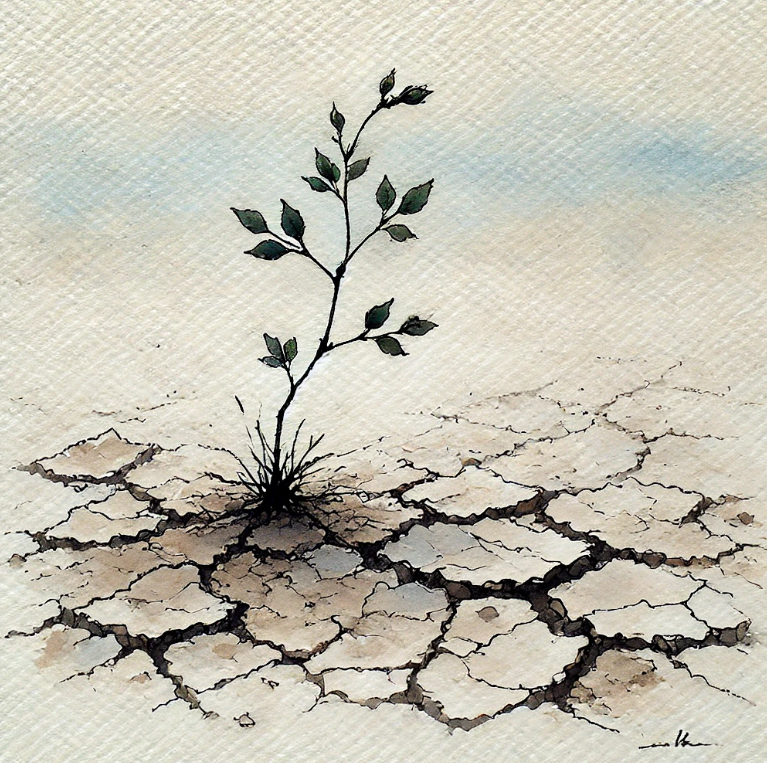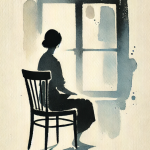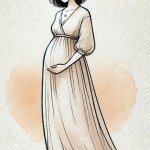
Understanding Miscarriage Through Personal Narratives
Miscarriage is a word that carries immense weight, often loaded with silence and unspoken sorrow. For many, it remains an invisible loss, one that doesn’t easily fit into society’s narrative of grief. But as researchers delve into how individuals process and make sense of miscarriage, an important truth emerges: the way we talk about—and don’t talk about—miscarriage shapes the emotional and psychological recovery of those who experience it.
A recent review of the literature on miscarriage narratives brings to light the under-explored world of sense-making following pregnancy loss. Through this lens, we begin to understand not just the event of miscarriage itself, but the deeply personal stories that follow, revealing a complex and often misunderstood journey of healing.
The Silence Surrounding Miscarriage Narratives
It’s staggering to realize that an estimated 30-40% of conceptions, and one in four confirmed pregnancies, end in miscarriage. Despite its frequency, miscarriage remains a topic cloaked in silence. For many women and their partners, the grief of losing a pregnancy is compounded by the isolation that follows. Society, friends, and even healthcare providers may unintentionally minimize the loss, often focusing more on the practical aspects—such as the health of the mother—than on the emotional toll.
The reviewed research highlights this disconnect. Healthcare workers, trained to address the physical outcomes of miscarriage, often miss the opportunity to validate the emotional experience. Women in particular describe feeling marginalized, with their grief overlooked or dismissed. One study in the review even suggests that medical professionals may unintentionally deepen the wound by focusing on what’s considered “practical,” leaving emotional needs unmet.
Imagine losing something so integral to your identity, only to have those around you respond as if it were a minor inconvenience. For many women, this is the reality of miscarriage.
The Stories We Tell Ourselves
The power of narrative—the stories we tell about our experiences—is undeniable. And when it comes to miscarriage, these narratives shape how individuals process grief, assign meaning, and ultimately, recover. Yet, as the literature review points out, very little research has focused on how people story their miscarriage experience, and why they choose certain narratives over others.
For women, miscarriage can be a deeply personal event that challenges their sense of self. Some describe feelings of failure, guilt, or inadequacy, often driven by societal expectations that equate womanhood with motherhood. In many of the reviewed studies, women spoke of feeling disconnected from their bodies—grieving not just the loss of a pregnancy but the perceived loss of their ability to bring life into the world.
These broader societal pressures often frame the stories women tell themselves about miscarriage. For some, the loss is seen as a personal failure, while for others, it is a disruption of what they imagined their life to be. This process of sense-making is not linear. As one study found, women often revisit and reinterpret the meaning of their miscarriage over time, with many seeking to find positive aspects, such as increased empathy or resilience.
On the other hand, male partners are frequently sidelined in the narrative. Cultural assumptions that men do not bond with the unborn child, or that their role is merely supportive, can prevent them from fully grieving or expressing their emotions. The review found that many men feel a profound loss of identity after a miscarriage but struggle to articulate it. They often hide their grief behind societal expectations of strength and stoicism, leading to feelings of isolation and confusion.
Cultural and Relational Dimensions of Miscarriage Narratives
Miscarriage is not just an individual experience—it is a relational one. Couples often navigate this loss together, yet their experiences can be vastly different. While women tend to focus on the physical and emotional toll of the loss, men may feel helpless, unable to “fix” the situation. This difference in emotional processing can strain relationships, with couples struggling to communicate their grief in a way that resonates with each other.
Moreover, cultural perspectives add yet another layer of complexity. Some communities associate miscarriage with shame or even spiritual punishment, which can further isolate individuals and families.The review points to studies that explore how cultural beliefs shape the meaning of miscarriage, from seeing it as a failure of the body to attributing it to supernatural forces.
Certain cultures may not acknowledge miscarriage as a legitimate loss, which can deprive individuals of the rituals and social support that typically accompany grief. Without this validation, many people feel as though their loss does not “count,” leading to disenfranchised grief—grief that society does not recognize or support.
Moving Toward Compassionate Care
One of the most significant findings of the review is the role healthcare professionals play in shaping miscarriage narratives. While medical staff often focus on the biological aspects of miscarriage, the emotional fallout can be profound and long-lasting. Women and their partners need more than just physical care—they need validation, empathy, and space to grieve.
The review calls for healthcare workers to receive more training in compassionate care, emphasizing the importance of individualized support. Every miscarriage is unique, and so too is the grief that follows. By acknowledging the emotional and psychological dimensions of miscarriage, healthcare providers can offer more holistic support, helping individuals and couples navigate this difficult terrain.
Language, too, plays a critical role. The medicalization of miscarriage can inadvertently strip it of its emotional significance, reducing it to a clinical event. Yet, as the research suggests, miscarriage is far more than that—it is a life-altering experience that reshapes identities, relationships, and futures.
Finding Hope in Shared Stories
At its core, miscarriage is a deeply human experience, one that calls for compassion, understanding, and open dialogue. The stories we tell about miscarriage, whether as individuals or as a society, shape how we heal from it. By creating space for these narratives—by validating the grief, acknowledging the complexity, and offering compassionate care—we can help those who have experienced miscarriage find a path forward.
As you reflect on the stories shared here, consider these questions: How can we, as a society, better support individuals and couples who have experienced miscarriage? What role do healthcare professionals play in shaping the way we understand and process this loss?



